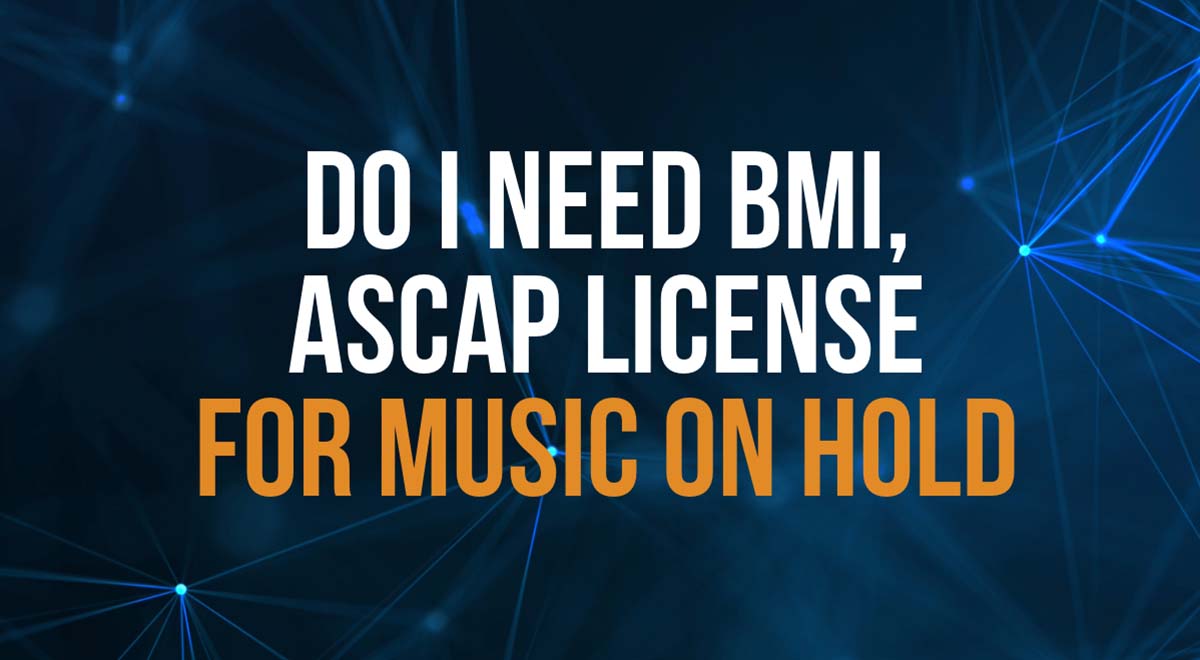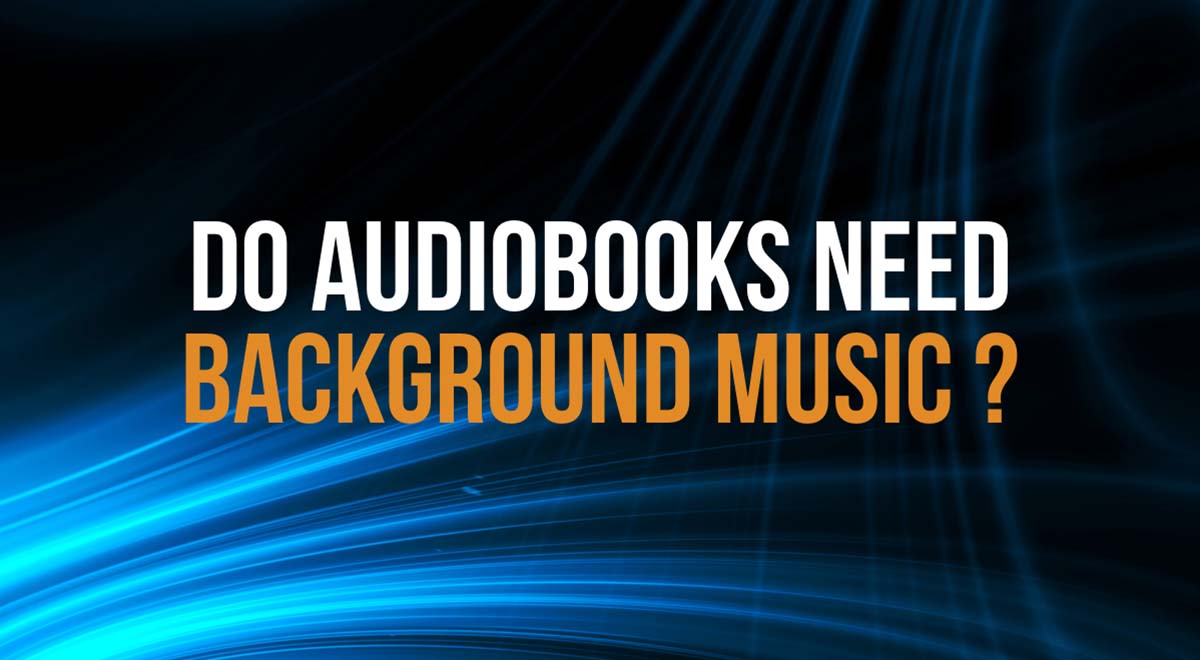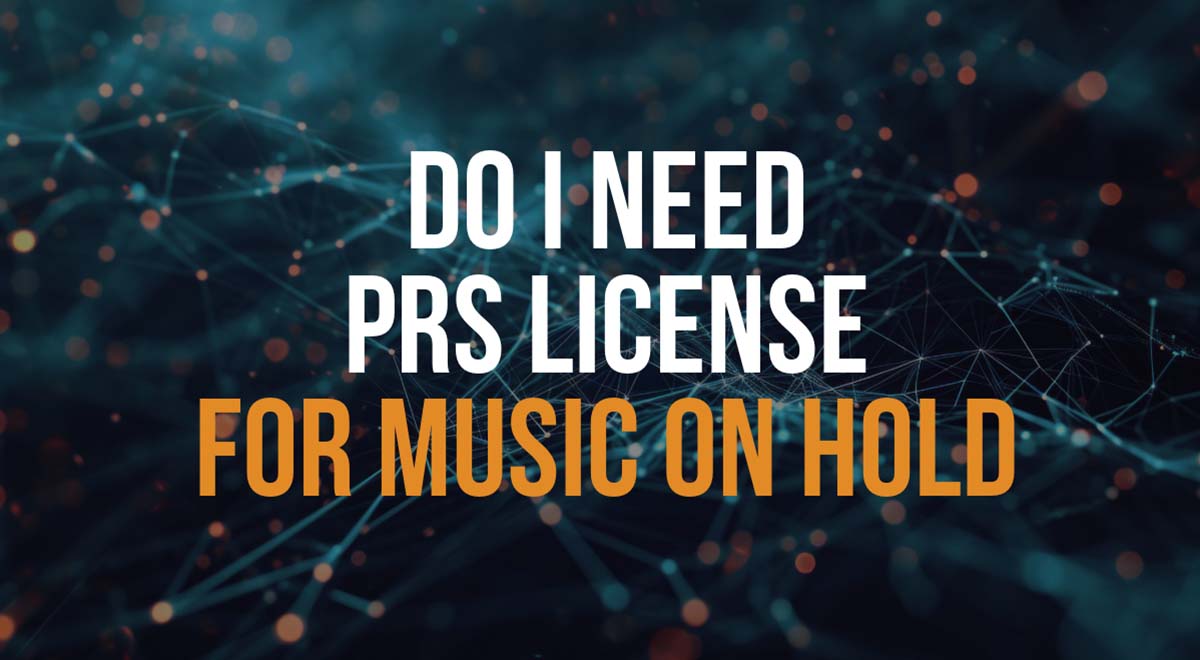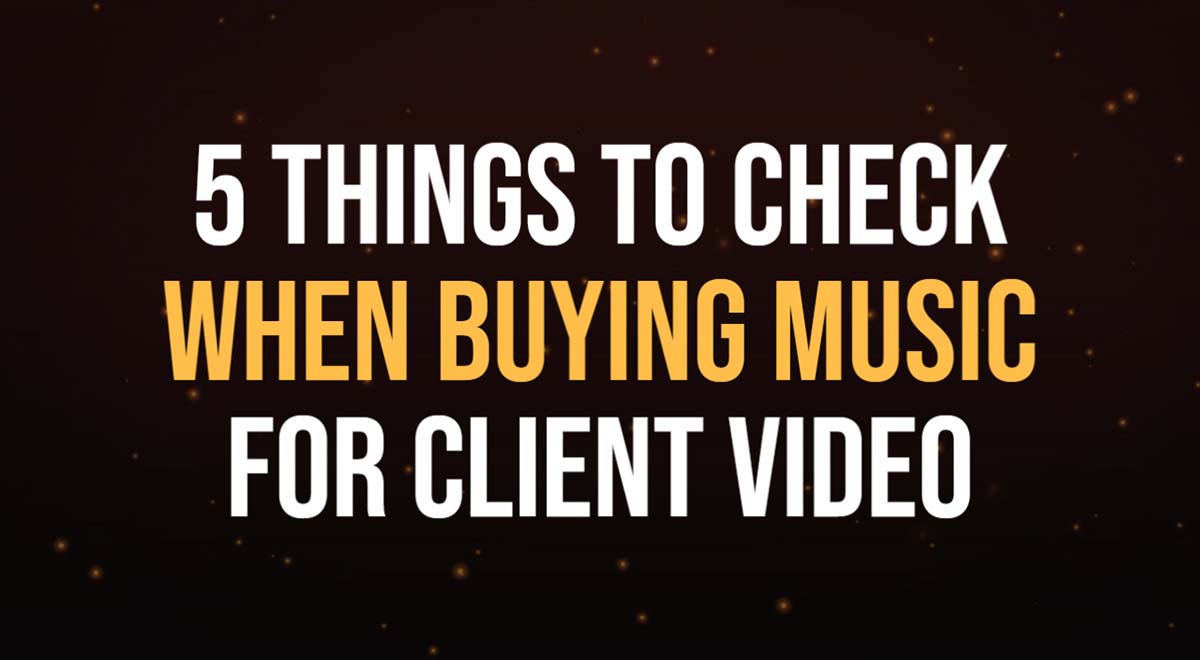Hold music is an important aspect of customer experience.
However, the process of obtaining the necessary licenses to play hold music in a commercial setting can be confusing.
Some of the most frequently asked questions we hear from our client is:
Do I need a BMI, ASCAP, PRS (or any other performance right organization / PRO) license to play music on hold in my business?
However, the real question here is:
Can I legally avoid buying the pricey BMI / ASCAP license if I just want a couple of songs for my business phone line?
In this blog post, we’ll explore whether you indeed need a BMI or ASCAP license to play hold music in your business, look at the requirements imposed by each PRO, and discuss the alternative solutions that can save you a substantial amount in licensing fees.
Keep reading!
Don’t want to read through all the details? Jump right to the solution!
The role of the performing rights organizations (PROs) in music licensing
PROs are responsible for protecting the rights of songwriters, composers, and publishers.
These organizations collect and distribute royalties for the public performance of any music composed by their members.
Three major performing rights organizations (PROs) in the United States are BMI, ASCAP, and SESAC.
Other countries do have their own performance rights societies. To name a few:
SOCAN is the Canadian PRO responsible for managing the rights of music creators in Canada.
PRS for Music is a PRO based in the United Kingdom.
GEMA is a PRO based in Germany, representing Germany based composers, lyricists, and music publishers.
What does this mean for you as a business owner or manager?
If you want to play copyrighted music in public (in your store, your office lobby, or during any commercial activity), there’s a good chance you will need a performance license from a PRO in your country.
Is playing hold music over the phone considered public performance?
Playing music on hold for callers waiting on the telephone is not really a public broadcast in the traditional sense (like radio or TV), as it is a private communication between the business and the caller.
However, the legal status of on-hold music may vary based on jurisdiction, and different countries may have distinct regulations governing public performance rights.
In the United States, for example, the use of music on hold is typically subject to licensing requirements from the PROs.
Therefore, if you want to use copyrighted music as hold music, it’s considered a public performance and you may need to obtain the appropriate licenses from the PRO in your country.
Unless you’re using music that’ isn’t connected to any PRO. We’ll get into that later!
Understanding BMI and ASCAP Licenses
To recap, BMI and ASCAP are PROs that represent the interests of music creators by collecting and distributing royalties for the public performance of their works.
When it comes to playing music in a commercial setting, such as during phone holds, both BMI and ASCAP licenses may be required depending on what specific music you want to play in your business phone line.
Licensing Requirements Imposed by BMI
If the music you’re using was composed by a BMI affiliated compose, you will need the BMI performance license.
The requirements for obtaining the BMI license depend on factors such as the size of your business, the type of music used, and the frequency of the music’s performance.
The average BMI music license for smaller businesses costs around of $250 to $400 annually.
This amount could increase up to $2000 or even more for larger businesses.
Learn more BMI music license.
Licensing Requirements Imposed by ASCAP
Similar to BMI, ASCAP issues licenses for the public performance of music.
ASCAP’s licensing requirements are also determined by factors such as the size of the business, the type of music played, and the manner in which the music is performed.
ASCAP offers a variety of licenses tailored to different business types. The fees for these licenses vary based on the specific license type and the business’s characteristics.
The minimum ASCAP licensing fees are $390 per year, so you will never pay less than that.
Learn more about ASCAP music licensing.
Is your business located in the UK? Check out our guide for avoiding PRS fees when licensing music on hold.
Other Licensing Requirements
Please note that ASCAP and BMI licenses only cover the rights of the composers and songwriters.
These licenses does not cover the rights to use the actual recordings of their songs.
Apart from BMI and ASCAP licenses, businesses may need to acquire additional licenses to use commercial music legally.
Typically, you will need licenses from record labels or music producers that hold the rights to the recordings in question.
Don’t you think this is a bit too complicated if you just need a couple of songs to play on rotation in your phone system?
Fortunately, there is a simple solution.
How to save on music on hold licensing?
If the process of obtaining BMI or ASCAP licenses seems overwhelming, here’s a simple solution:
Don’t want to pay ASCAP / BMI fees? Don’t use any music that is affiliated with a PRO.
music on hold that’s not linked to any PRO
Here are some on hold music samples that our customers used in their telephone systems:
Listen to our best on hold music (top 10 most popular).
Or pick from thousands more with this simple oh hold music starter pack:
5 ready to use audio clips
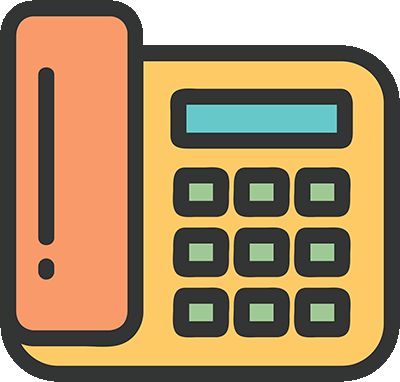
Lifetime royalty free license
Use these sound clips in unlimited number of phone lines within the same business.
Cleared for commercial use
Use in commercial and business phone lines.
Already formatted for on hold use
Already formatted to work with most phone systems right away, simply choose the 8 Bit version when downloading.
$39 $34
For a limited time, save $5
Is this safe? Can PROs still sue my business?
If the music is not registered with any Performing Rights Organization (PRO), it means that the rights to that specific piece of music are not administered by any PRO.
PROs can’t go after your business if they have no rights to the music you’re playing in your phone line.
Disclaimer: This is based on our 10+ years of industry experience but, technically, cannot be considered legal advise, as we are not lawyers.
Need music for a future project?
Takeaway
Music licensing for your business can be complex, but it is essential to ensure compliance with copyright laws.
If you want to use copyrighted music in your business, there is a good chance you will need purchase licenses from ASCAP, BMI, as well as the copyright owner of the recording.
Purchasing non-affiliated music (that is, music that isn’t linked to any PRO) from a vendor that specializes in music for commercial use, can offer substantial savings.
Questions or comments?
Do you have questions about licensing on hold music for your business phone line? Post a comment or contact us.
Download 12,000+ Royalty Free Music Tracks And Sound FX
Unlimited download | Lifetime license | Commercial use

